Diverticulitis and the best foods for it!
As it is the case with almost all health problems, a diet can have a direct impact on the symptoms you experience. And if you’ve been diagnosed with diverticulitis, you might want to pay close attention to the foods you consume. So, if you’re interested in this topic, keep reading this article. Up next, we’ve shared our insights on diverticulitis and the best foods for it.
What is diverticulitis?
Diverticulitis is a medical issue in which small pouches in the intestine become infected or inflamed. Some of the main symptoms of diverticulitis are abdominal pain, vomiting, nausea, constipation, fever, or even diarrhea. Besides this, diverticulitis can lead to severe complications, such as:
- an abscess or perforation in the colon
- peritonitis, which is inflammation or infection in the abdominal lining
- a fistula, which is an uncharacteristic tunnel linking two organs or an organ and the outside of the body
- a blockage of the movement of food or stool through the intestines
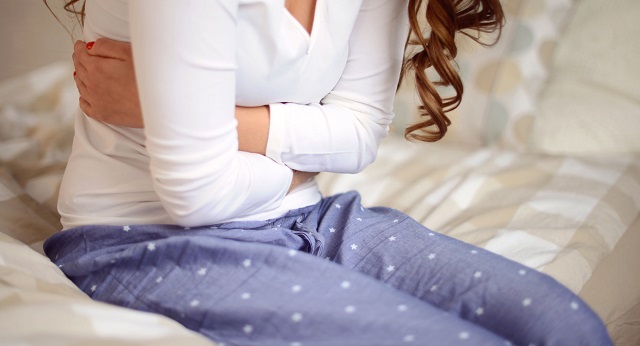
Studies suggest that following a specific meal plan for diverticulitis can help you diminish the intensity of its symptoms. Also, avoiding some foods that cause inflammation might help you prevent severe complications.
What is the best diet for diverticulitis?
After discussing with your doctor about diverticulitis and receiving this diagnosis, it might be a good idea to research the top foods recommended in a diet for diverticulitis. Several studies suggest that a diet rich in legumes, fruits, or whole grains diminish the risk of diverticulitis significantly.
Foods rich in fibers
The best thing you can do for your diverticulitis diet is to include plenty of fiber-rich foods. Overall, experts recommend a fiber intake of 14 grams per 1,000 calories. You can opt for one or more of the following high fiber foods:
- high fiber ready-to-eat bran cereal
- beans and pulses, including navy beans, chickpeas, split peas, and lentils
- fruits, including pear, avocado, apple, and prunes
- vegetables, including green peas, potatoes, squash, and parsnips
- grains, including bulgur, quinoa, barley, and whole wheat
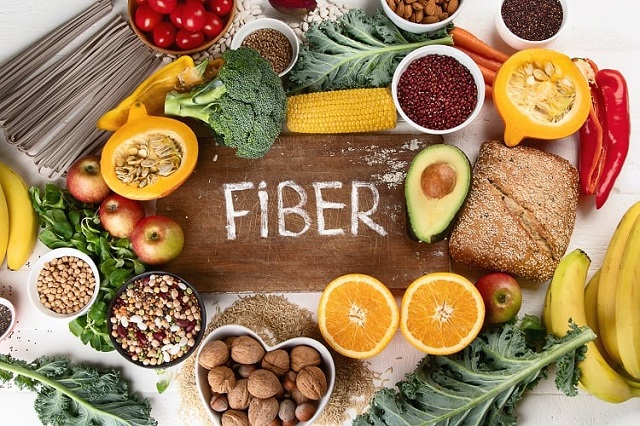
Probiotics
Since diverticulitis takes a toll on your digestive tract, you might benefit from having probiotics in your diet. Probiotics are meant to help your gut stay healthy. And research reveals that probiotics might be extremely efficient in dealing with diverticulitis symptoms. You can opt for probiotics supplements, but it is always best to include the following foods in your diet:
- sauerkraut
- kefir
- tempeh
- miso
What foods to avoid when on a diverticulitis diet?
Overall, it is recommended to have plenty of nuts, seeds, and fiber-rich foods in your diet. But experts say you should pay close attention to the following foods. These can cause additional issues, and they might even worsen diverticulitis symptoms.
High FODMAP foods
FODMAP represents an abbreviation for fermentable oligosaccharides, disaccharides, monosaccharides, and polyols. The foods rich in FODMAP are:
- onions, mushrooms, cauliflower, and garlic
- apples, apricots, dried fruit, pears, peaches
- dairy foods, including milk, yogurts, and cheeses
- legumes and pulses
- bread and cereals
- sugars and sweeteners
Red meat
Plenty of studies concluded that a high intake of red or processed meat could worsen diverticulitis. Hence, if you aim to implement a healthy lifestyle and diet, you should avoid red meat as often as possible. Experts say you should have around 50 grams of meat per day, combined with 25 grams of fiber. Also, you should exercise between one to two hours every time you have meat in your diet.
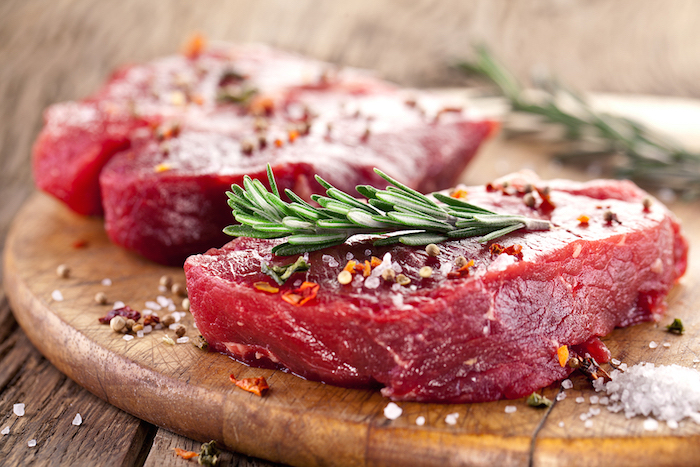
What are the top recommendations for creating a diet for diverticulitis?
- Add as many fibers as possible in your diets, such as oatmeal, breads, bran cereals, vegetables, and fibrous fresh fruits. Keep in mind that you should add fibers gradually in your meal plan so that you don’t cause gas or bloating in your stomach.
- Make sure you are hydrated at all times, as dehydration can worsen diverticulitis symptoms.
- Make sure you avoid refined or processed foods, including white rice and flour.
- Make sure you prevent constipation, with either fiber-rich foods or laxatives.
- Make sure you exercise every day. Exercise can aid your muscles in your intestine, maintain your tone, and promote bowel movements.
The bottom line
When it comes to the best diet for diverticulitis, you should know there is no exact answer. Hence , make sure you discuss with your doctor your conditions and the best approach to manage it. Your doctor might recommend you start with a low-fiber diet before introducing high-fiber foods.
, make sure you discuss with your doctor your conditions and the best approach to manage it. Your doctor might recommend you start with a low-fiber diet before introducing high-fiber foods.
updates?



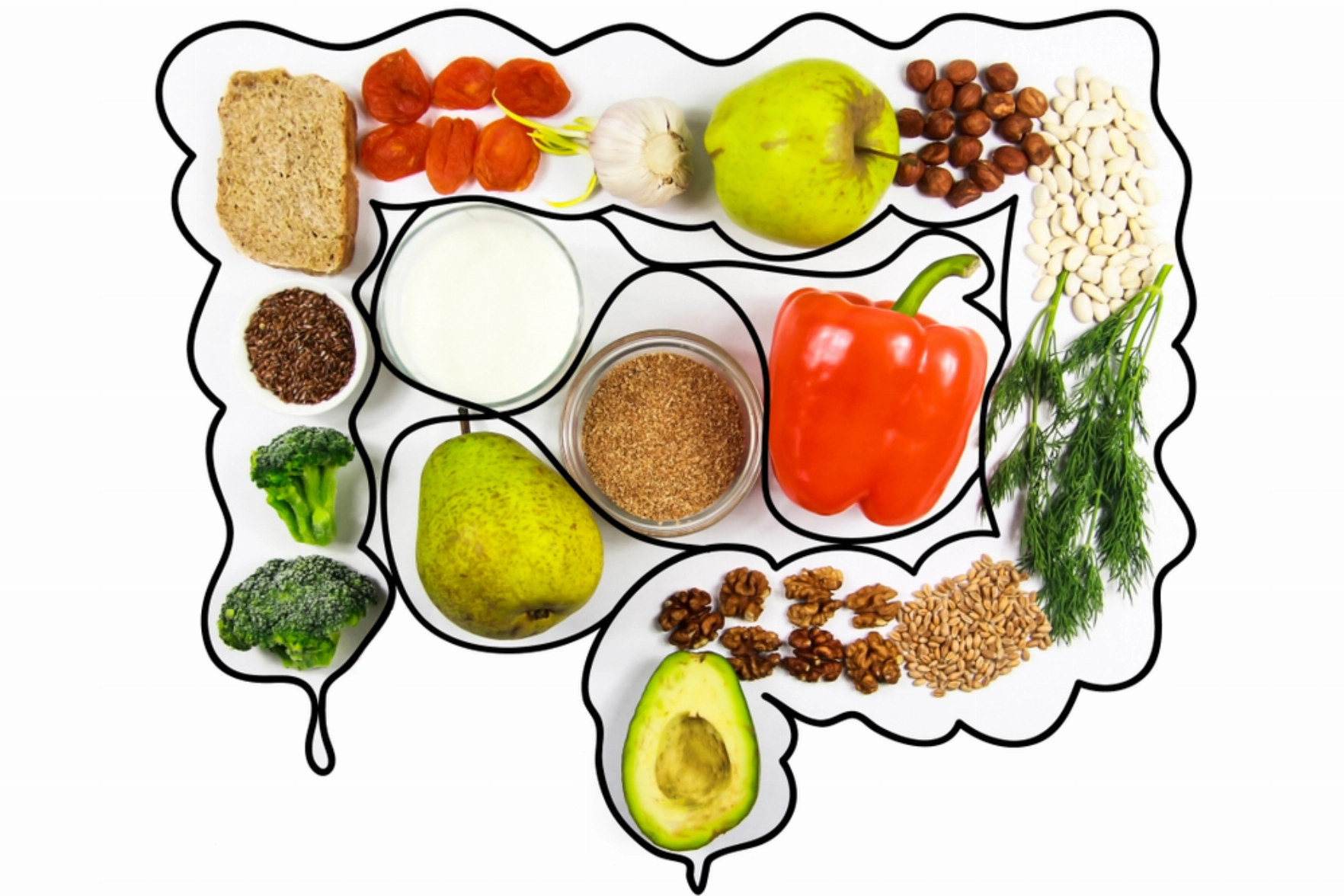
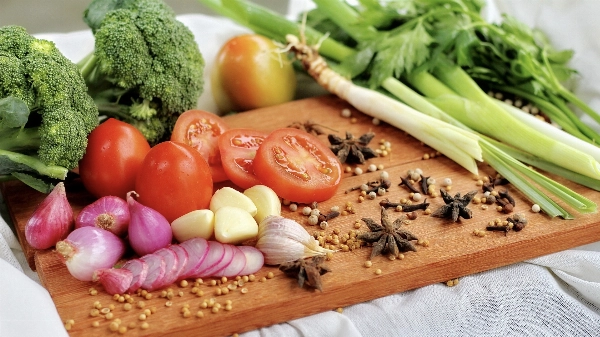
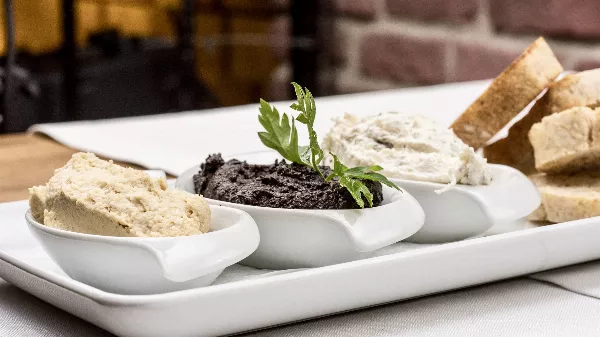

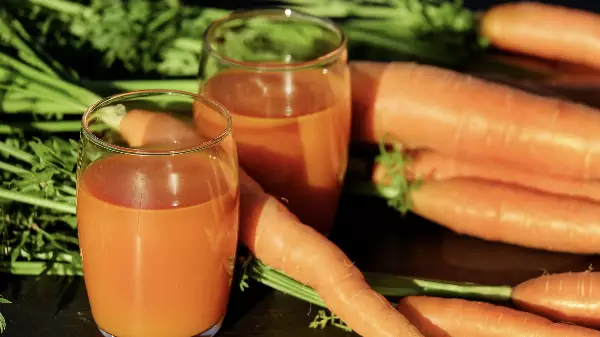
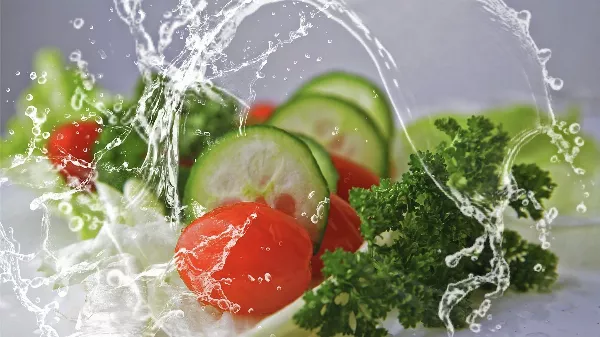
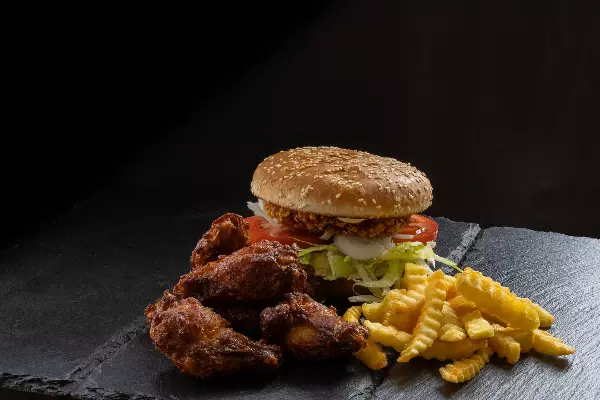
0